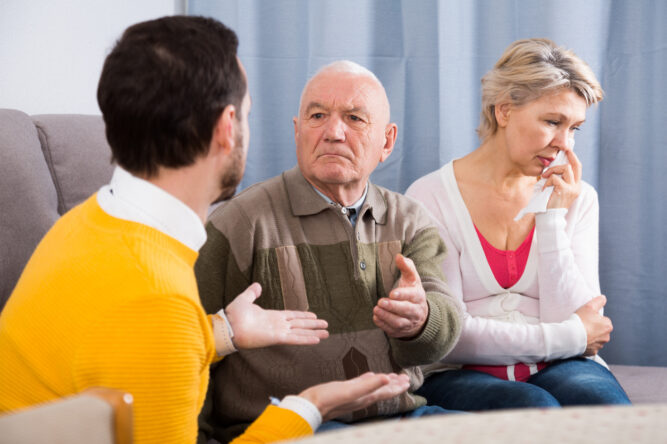When you were a kid, you probably didn’t think twice about taking on responsibilities beyond your years.

Maybe you had to look after siblings, handle household chores, or act as an emotional support for your family. While you may have grown up strong and resilient, those early burdens can have major effects on you long into your adult life. Here are just a few possible consequences of growing up with too many responsibilities, whether or not they were intentionally placed on you.
1. You struggle to relax and enjoy downtime.
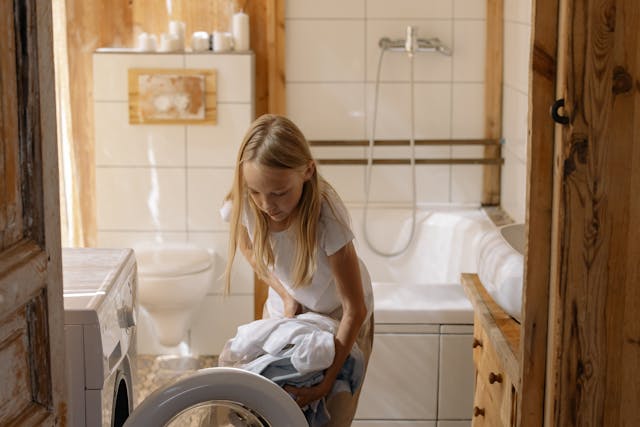
When you were used to always having something to do, relaxation can feel foreign, even uncomfortable. Taking breaks might make you feel guilty or restless, like you’re wasting time. You may find yourself constantly looking for things that need doing, or feeling anxious when there’s nothing to do. The concept of “just chilling” can feel almost impossible because your brain equates stillness with neglecting duties.
2. You feel an overwhelming need to please people.

Growing up with adult-like responsibilities often meant making sure everyone else was okay. Now, that people-pleasing habit is hard to shake. You may struggle to say no, fearing that you’re letting someone down. Putting everyone else before yourself all the time can leave you feeling drained. The drive to keep everyone happy comes from years of believing it was your job to hold things together.
3. You have difficulty asking for help.
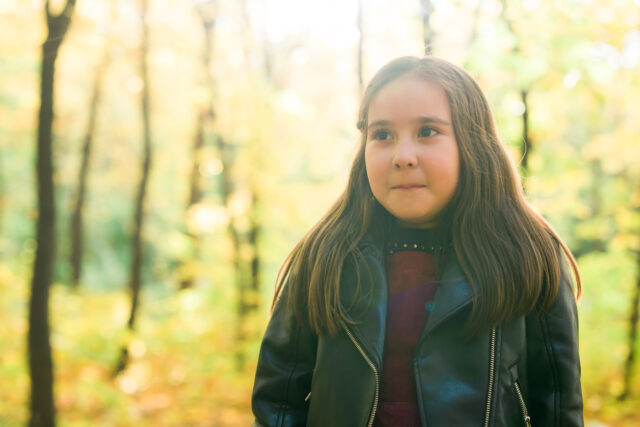
When you were a kid, self-reliance wasn’t a choice — it was a necessity. Now, asking for help might feel like admitting defeat. You’re used to figuring things out alone, even if it’s stressful. This independent streak can make life harder than it needs to be. It’s tough to trust that other people will step up because, back then, the responsibility always fell on you.
4. You experience chronic anxiety and worry.
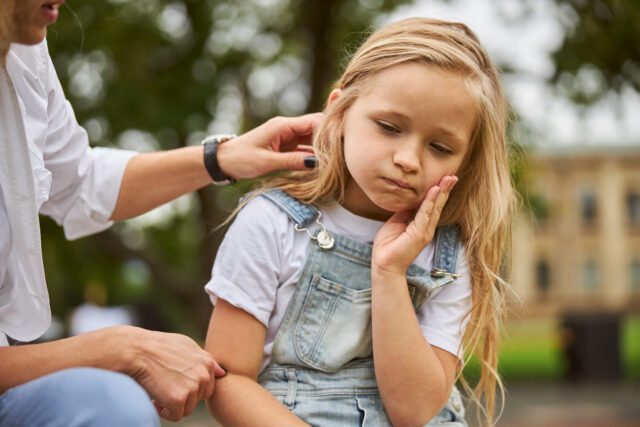
Shouldering too many responsibilities as a child made you hyper-aware of everything that could go wrong. That constant vigilance can stick with you, creating anxiety and a sense of impending doom. You may find yourself worrying excessively about tasks, deadlines, or other people’s well-being. It’s like your brain never learned how to switch off the “what if” scenarios.
5. You feel responsible for everyone’s happiness.
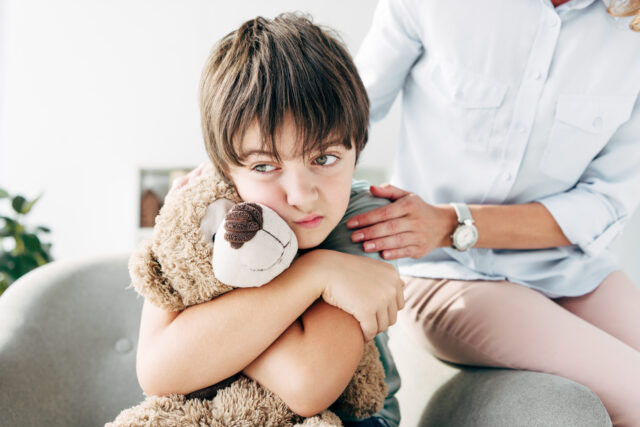
As a kid, you may have been the peacemaker or the one who smoothed things over. Now, you might feel a heavy weight to ensure everyone around you is happy and content. When someone’s upset, you may feel it’s your duty to fix it, even if it’s not your fault. This can be exhausting and often leads to feelings of guilt when things go wrong.
6. You have trouble setting boundaries.

When your childhood was filled with responsibilities, your own needs probably fell by the wayside. As an adult, you might struggle to draw lines and protect your time or energy. Saying no feels selfish, even when it’s necessary. You’re so used to being available for everyone else that prioritising yourself feels unnatural, leading to burnout and resentment.
7. You carry a fear of failure.
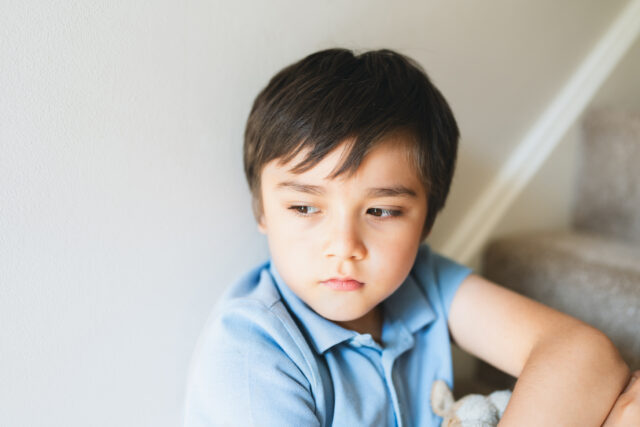
When you had to take on adult responsibilities as a child, failure often felt like it wasn’t an option. Now, mistakes can feel catastrophic. The fear of letting people down or not meeting expectations can be paralysing. You might put immense pressure on yourself to be perfect, fearing that even small missteps could lead to chaos.
8. You struggle to trust people with responsibilities.
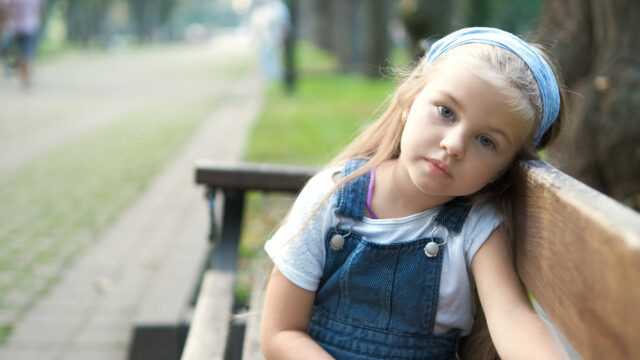
When you were the one who always had to “get it done,” trusting other people to take over can be difficult. You might feel like if you don’t handle it yourself, it won’t be done properly. This can lead to micromanaging or taking on too much because delegation feels risky. Letting go and trusting people is challenging when your younger self was forced to take the reins.
9. You feel the need to be in control all the time.
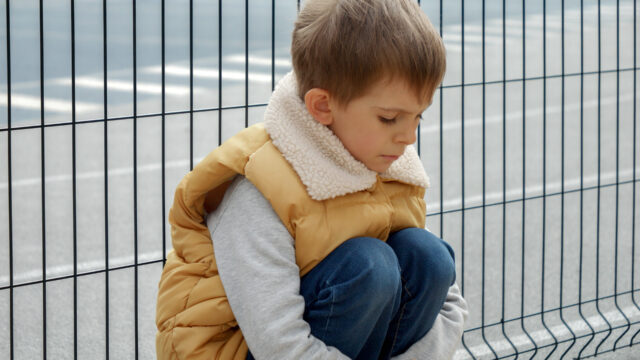
Too many responsibilities as a child may have taught you that control equals safety. If things were chaotic at home, keeping a tight grip on your tasks might have been the only way to feel stable. Now, letting go of control can trigger anxiety. You feel safest when you’re calling the shots, even if it means taking on more than you should.
10. You struggle with burnout and exhaustion.
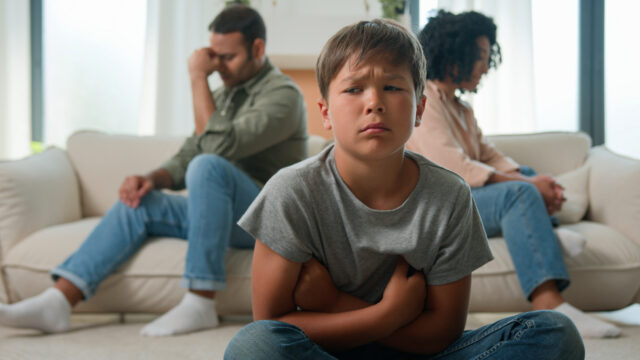
When you spent your childhood constantly on the go, exhaustion can become a familiar state. Now, you may find yourself working until you hit a wall because you don’t recognise when to stop. Taking on too much has been your default mode for so long that burnout feels inevitable. It’s hard to remember that rest is a necessity, not a luxury.
11. You suppress your own emotions.
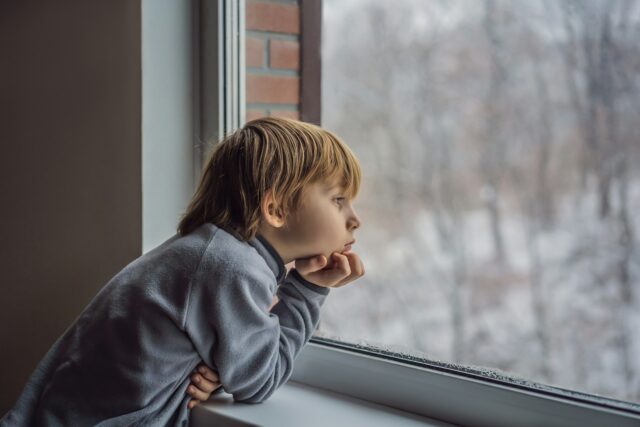
As a child with many responsibilities, you may have learned to push aside your feelings to get things done. Now, expressing emotions can feel like a weakness or a distraction. You might bottle things up until they boil over, making it difficult to process feelings in a healthy way. Allowing yourself to feel vulnerable is hard when you’ve always been the one holding it together.
12. You find it hard to enjoy spontaneity.
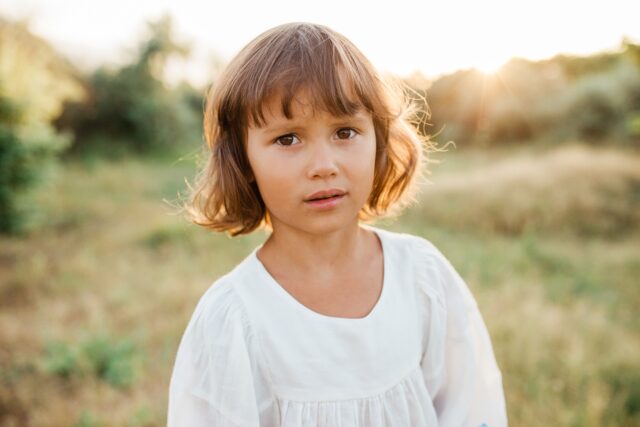
When your childhood was structured around responsibilities, spontaneous plans or surprises can feel unsettling. You may prefer to plan everything meticulously to maintain a sense of control. Unexpected changes can trigger stress or anxiety. While other people might see spontaneity as fun, you might see it as a potential for chaos.
13. You tend to overthink decisions.
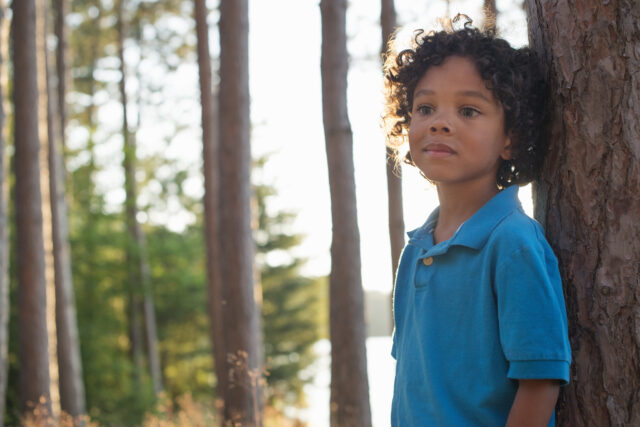
With too many responsibilities as a child, decisions often carried weight beyond your years. Now, even minor choices can feel loaded. You may worry about making the “wrong” choice and overanalyse every possible outcome. That habit of overthinking stems from a fear of the consequences that once fell on your young shoulders.
14. You feel guilty when you put yourself first.
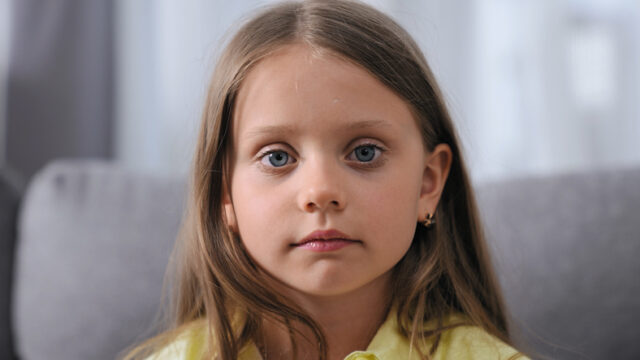
If you grew up putting everyone else first, self-care can trigger feelings of guilt. Taking time for yourself feels selfish, even when you desperately need it. You might struggle to relax or do things you enjoy without feeling like you’re neglecting someone or something. Learning to prioritise yourself without guilt is a challenge, but it’s necessary for your well-being.
15. You don’t know what you need.
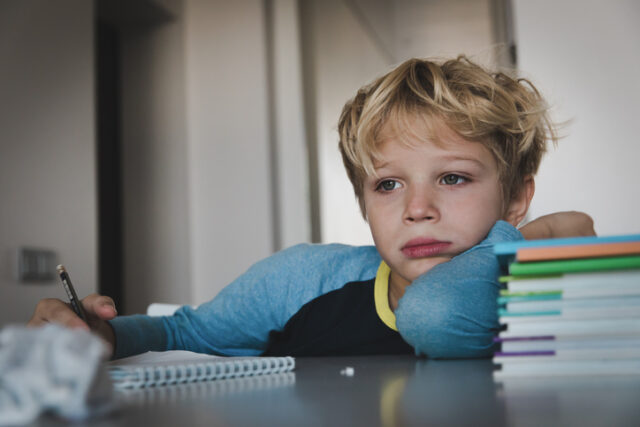
When your childhood was focused on fulfilling responsibilities, your own needs often got lost in the shuffle. As an adult, you may not always know what you want or need. You might prioritise other people so often that your own desires feel unclear or irrelevant. Reconnecting with yourself and figuring out what truly makes you happy can be a long, but rewarding, journey.

